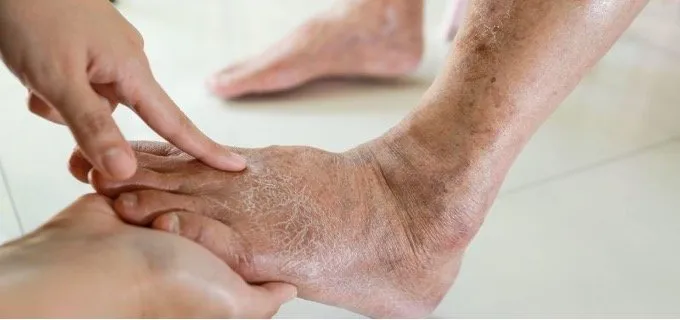
The Role of Diet and Nutrition in ADHD Management
September 22, 2025
How to Stay Motivated on Your Weight Loss Journey
September 23, 2025Dermatologists are medical doctors who specialize in the health of your skin, hair, and nails. Visiting a dermatologist for regular check-ups is a proactive step you can take for your overall health. These appointments provide a dedicated time to focus on your skin with a trained specialist. Here is more information about the benefits of regular check-ups:
Early Detection of Skin Cancer
A primary purpose of a dermatological check-up is the screening for skin cancer. During an examination, a dermatologist meticulously inspects your skin from head to toe. They look for any new or changing spots, moles, or lesions. Using a specialized magnifying tool called a dermatoscope, they can examine skin growths with enhanced clarity and detail.
This detailed evaluation enables the identification of suspicious areas that may not be visible to the untrained eye. Areas that are difficult for you to see, such as your back, scalp, and the soles of your feet, typically receive a thorough inspection. Documenting your skin’s condition over time helps track any subtle changes that might occur between visits.
Improved Outcomes
When a skin condition is identified early, the potential for a more favorable outcome increases. Early detection allows a dermatologist to recommend a course of action sooner. For skin cancers such as melanoma, basal cell carcinoma, and squamous cell carcinoma, early detection may be beneficial for effective management.
The treatments for skin cancers found early may be less invasive. This may mean a more straightforward procedure with a faster recovery time. Addressing skin health issues promptly reduces the likelihood that they will progress to more advanced stages, which may require more complex interventions.
Regular self-examinations can complement professional check-ups, helping individuals notice any unusual changes in their skin between visits. Protecting your skin from excessive sun exposure by using sunscreen and wearing protective clothing is a key preventive measure. Maintaining a proactive approach to skin health can significantly impact overall well-being.
Personalized Care
A dermatologist provides personalized care based on your specific skin type, medical history, and concerns. During a consultation, they will ask questions about your lifestyle, family medical history, and any symptoms you are experiencing. This information helps them create a skin care plan that works for you.
Chronic Condition Management
Many people live with chronic skin conditions, such as eczema, psoriasis, rosacea, or persistent acne. Regular visits to a dermatologist help in managing these long-term issues. A specialist can monitor your condition, adjust treatments as needed, and help you navigate flare-ups.
Managing a chronic skin condition often involves more than just a single prescription. Your dermatologist works with you to develop a long-term management strategy. This may include a combination of medications, lifestyle adjustments, and specific skin care routines. Maintaining a consistent relationship with a dermatologist provides ongoing support and guidance for managing persistent skin concerns.
Visit a Dermatologist Today
Scheduling a regular check-up with a dermatologist is a practical way to monitor your skin health. These appointments provide a structured opportunity for a professional skin examination, personalized advice, and management of any ongoing skin conditions. If you have concerns about your skin or want to establish a baseline for future monitoring, book an appointment with a local dermatologist to get started.





